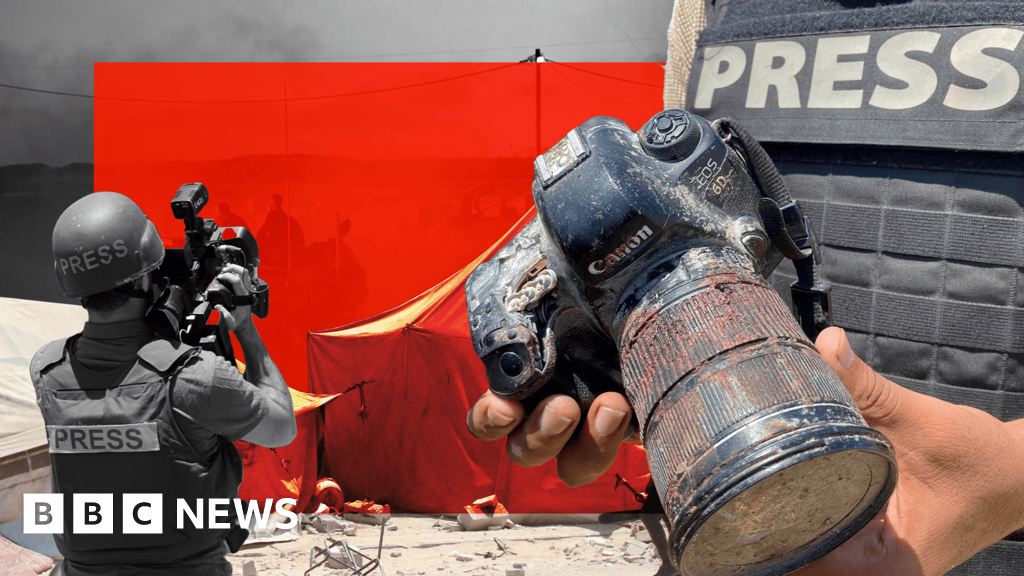As the conflict continues, many journalists in Gaza have found themselves living and working in makeshift tents, a stark reminder of the intense hardships they endure. Journalist Abdullah Miqdad expressed his disbelief: I never imagined that one day I would be living and working in a tent, deprived of the most basic human necessities - even water and a bathroom. It's more like a greenhouse in the summer and a refrigerator in the winter.
Power outages have left reporters reliant on hospitals for electricity and mobile reception, yet these places offer no guarantee of safety. Tragically, recent strikes on such locations have claimed the lives of journalists, underscoring the heightened risks they face.
The situation is dire, with at least 197 journalists reported dead since the onset of hostilities, as local and international media outlets increasingly depend on local correspondents amidst restricted access. As highlighted by various journalists, the process of reporting has become fraught with danger and uncertainty, where every moment spent in the field is a potential life-or-death situation.
Women journalists like Ghada Al-Kurd express how the ongoing violence has desensitized them to their emotional responses, stating, During this war, we have lost the ability to express our emotions. We are in a constant state of shock.
Despite facing acute food shortages and the trauma associated with war, these journalists persist in their pursuit of truth. Independent journalist Ahmed Jalal lamented, We suffer from severe headaches and fatigue, unable to walk from sheer hunger, but we still carry on with our work.
The account of Gaza's journalists paints a haunting portrait of courage amid adversity, spotlighting the urgent need for greater protections for media workers in conflict zones.
Power outages have left reporters reliant on hospitals for electricity and mobile reception, yet these places offer no guarantee of safety. Tragically, recent strikes on such locations have claimed the lives of journalists, underscoring the heightened risks they face.
The situation is dire, with at least 197 journalists reported dead since the onset of hostilities, as local and international media outlets increasingly depend on local correspondents amidst restricted access. As highlighted by various journalists, the process of reporting has become fraught with danger and uncertainty, where every moment spent in the field is a potential life-or-death situation.
Women journalists like Ghada Al-Kurd express how the ongoing violence has desensitized them to their emotional responses, stating, During this war, we have lost the ability to express our emotions. We are in a constant state of shock.
Despite facing acute food shortages and the trauma associated with war, these journalists persist in their pursuit of truth. Independent journalist Ahmed Jalal lamented, We suffer from severe headaches and fatigue, unable to walk from sheer hunger, but we still carry on with our work.
The account of Gaza's journalists paints a haunting portrait of courage amid adversity, spotlighting the urgent need for greater protections for media workers in conflict zones.











